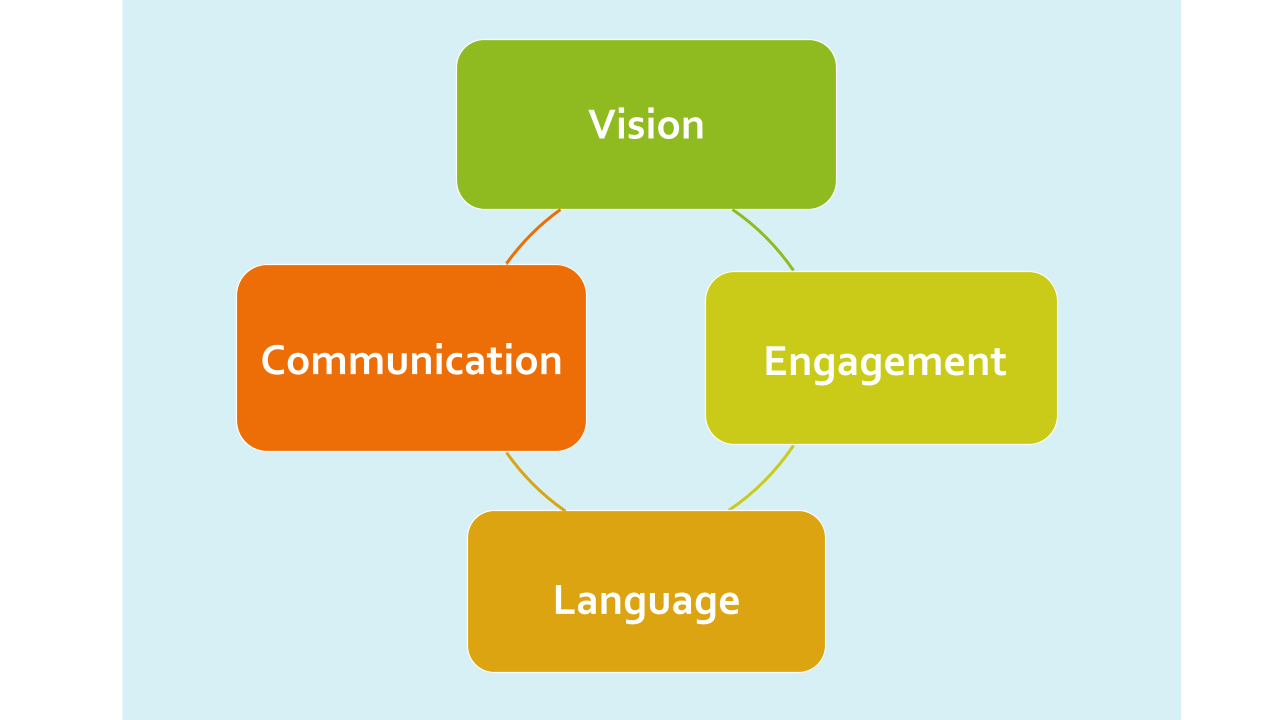About J.LIVE Talk
Mission Statement
J.LIVE Talk, which stands for Japanese Learning Inspired Vision and Engagement, is a presentation contest held at the George Washington University for students of Japanese language and culture. The purpose of the contest is to promote the growth, advancement, and visibility of Japanese language and culture education.
To this end, our goal is to provide a forum for the presentation of learning outcomes that conform to the educational goals of the 21st century, including not only language skills, but also abilities to gather and synthesize information, critical thinking skills, creativity, communication skills, and leadership.
Judging Criteria
J.LIVE Talk uses four judging criteria: “Vision,” “Engagement,” ‘Language,” and “Communication.”
- Vision mainly refers to whether or not the talk has a message. It is evaluated on what is new, unique, and relevant to today's society.
- Engagement is how well students are able to connect with the audience, entertain them, and draw them into your story. J.LIVE Talk encourages the use of effective audiovisual materials and interaction with the audience to enhance the presentation, and the use of props and other materials is allowed as long as they are relevant to the message.
- In the Language category, students are evaluated on the accuracy and richness of their language as appropriate to their level. In addition to grammar and vocabulary, it also includes pronunciation and use of proper register.
- Communication evaluates the ability to communicate effectively with others, including the clarity of presentation, and in the individual category, the ability to ask back or confirm when one does not fully understand a judge's question.
There are many different types of effective presentations, and they require a variety of skills, including voice inflection, gestures, and use of visuals. An effective presentation is one that impacts the audience and causes some change in them, whether by conveying information, motivating action, or encouraging them to rethink the way they see the world.
If you have any questions, please contact info jlivetalk [dot] com (us) by email.
jlivetalk [dot] com (us) by email.




